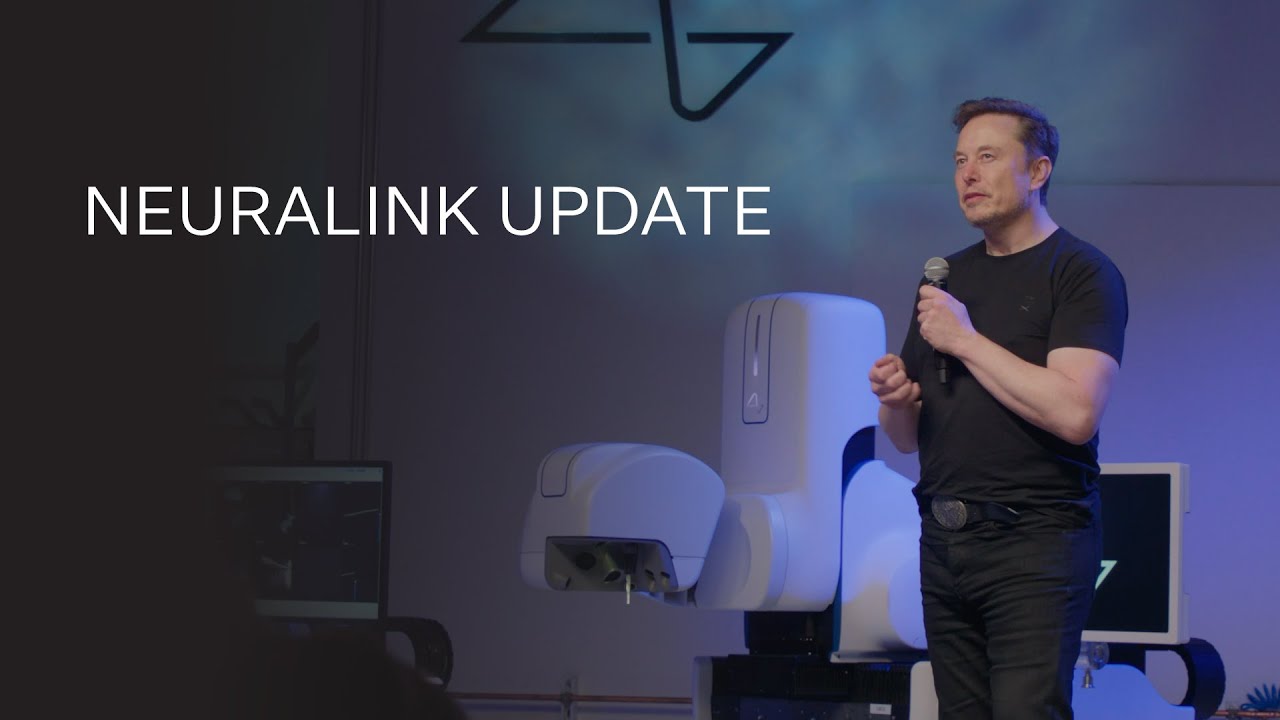The brain-computer interface company Neuralink, founded by Elon Musk, has confirmed that 12 people worldwide are currently using their brain implants, with a combined total of more than 2,000 days of use and over 15,300 hours of actual operation.
This milestone marks a turning point in the race to turn brain chips into a viable medical technology, with applications ranging from paralysis treatment to cognitive function recovery.
The First Patients: The Noland Arbaugh Case
One of Neuralink’s most well-known trial participants is Noland Arbaugh, who was paralyzed from the waist down after a swimming accident in 2016. Arbaugh recently shared in Fortune Magazine that the implant allowed him to “recover eight years of lost life,” as before the surgery, he could barely perform daily activities.
After receiving the chip, he began to play video games, learn languages, and interact with digital devices solely through his thoughts. His experience has become a public emblem of Neuralink’s potential.
Ongoing Clinical Trials
Neuralink’s announcement coincides with the expansion of its trials beyond the United States:
- Canada. On August 27 and September 8, the company performed its first surgeries outside the country, in collaboration with the University Health Network (UHN) in Toronto. The clinical trial, which will last four years, investigates whether tetraplegic patients can control digital devices through brain activity.
- United Kingdom. In July, Neuralink received regulatory approval to start the GB-PRIME study, which aims to confirm how the implants can improve digital interaction for people with paralysis.
These trials are part of the company’s global strategy to validate the safety, efficacy, and scalability of its technology.
An Ambitious Vision: From Medicine to Mass Adoption
Elon Musk has stated multiple times that his goal isn’t just to help people with disabilities. His ambition is for Neuralink to cure neurological diseases like blindness or severe mental disorders, and even become an advanced human-machine interface.
In a 2020 presentation, Musk declared that his long-term goal is to reduce the cost of implants and surgery to just a few thousand dollars, which would enable much broader adoption.
Since then, the company has achieved key regulatory milestones, including the FDA approval in 2023 to begin its first human trials in the United States.
Challenges and Open Questions
Although progress has been significant, Neuralink faces crucial challenges:
- Implant durability. The more than 2,000 days of accumulated use are promising, but it remains to be proven that the devices can function for years without degradation.
- Surgical safety. Brain surgeries are still invasive and carry risks that must be minimized.
- Ethics and privacy. Direct access to neural data raises dilemmas about data protection and potential misuse.
- Technological competition. Companies like Synchron or Blackrock Neurotech are developing similar solutions, some less invasive, putting pressure on Neuralink to demonstrate clear advantages.
Frequently Asked Questions (FAQ) about Neuralink
What is Neuralink and what does it develop?
It is a company founded by Elon Musk dedicated to creating brain-computer interfaces (BCIs) through brain implants that allow users to control digital devices with their thoughts.
How many patients have received Neuralink implants?
As of September 2025, the company has confirmed 12 active patients worldwide, with more than 15,300 hours of accumulated use.
Where are Neuralink’s clinical trials being conducted?
Currently in the US, Canada, and the UK, with studies focused on paralysis patients and implant safety validation.
What are Elon Musk’s long-term goals for Neuralink?
Beyond restoring functions in patients with spinal injuries or neurological diseases, Musk has outlined more ambitious objectives: curing blindness, treating mental disorders, and eventually mass-producing the technology.


